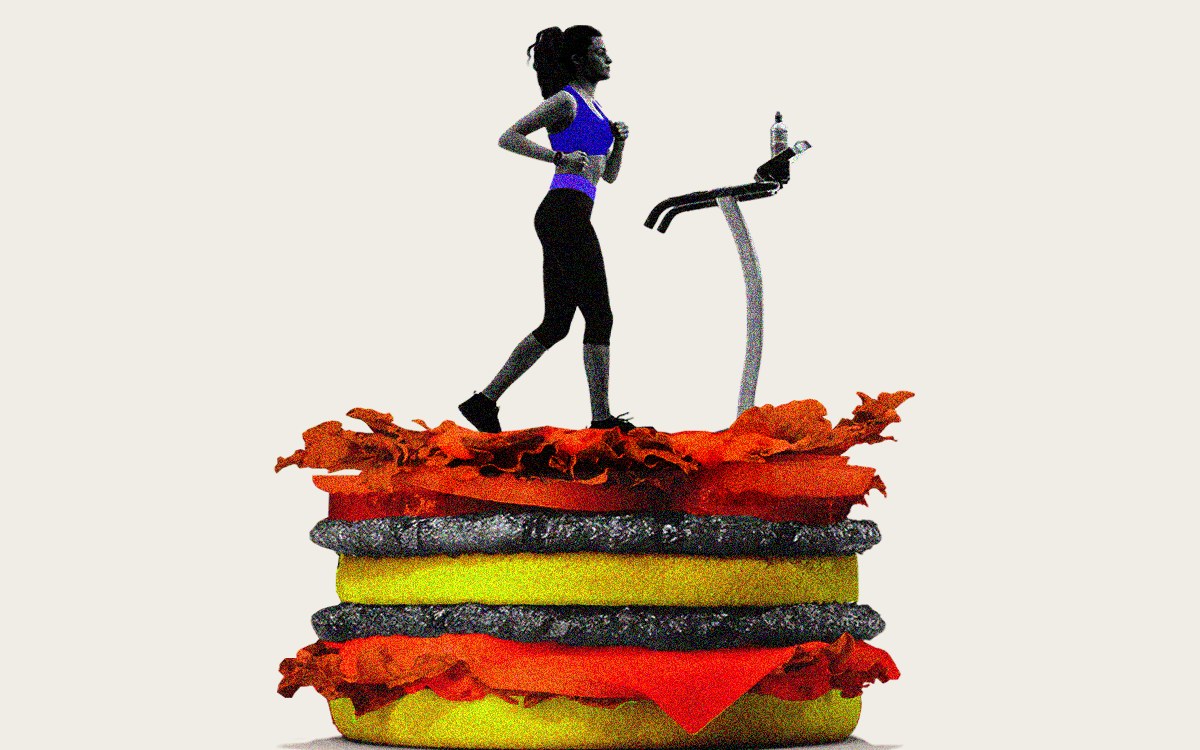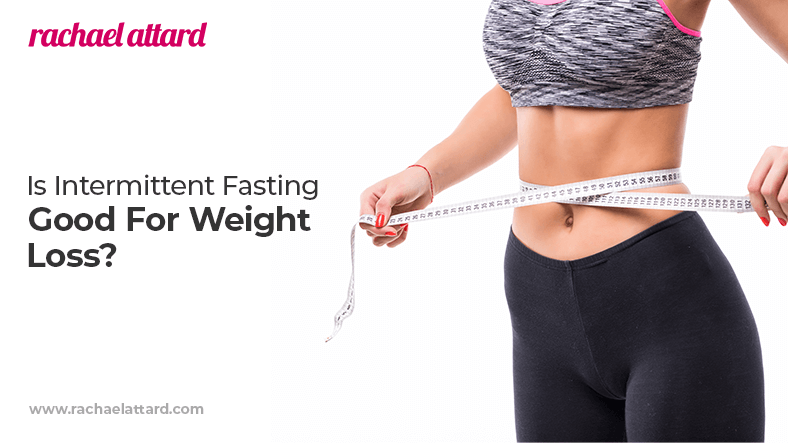
It's not easy to lose 100 lbs. This goal requires dedication and commitment. These are some tips to help you on your 100-pound weight loss journey.
Following-effects after a weight loss of 100 pounds
Although losing 100 pounds might appear like an easy feat, it is actually quite challenging. Losing weight can be both a physical as well as a psychological challenge. Here are some side effects of a 100-pound loss. These symptoms may differ for different people. It's a good idea not to start this process without consulting a professional. You can start by tracking calories, increasing your protein intake, cutting refined carbohydrates, and learning to be more mindful in what you eat.

Although losing weight isn't an easy feat, 100 pounds can seem overwhelming. Follow these proven strategies to start losing weight. You need to consume less calories than you are consuming. To lose weight, your body must burn more calories than it takes in. This can be done by eating less and working out more. You should consult a dietitian to get tips and help you reach your goals.
Get rid of 100 pounds with diet
Change your daily eating habits if you're unable to lose 100 pounds in a very short time. A good diet includes high-fiber foods, essential vitamins, and minerals. At least four servings per day of fruits or vegetables should be consumed. A week's worth of fish should contain seven to nine ounces. Consider going for brisk walking if you don't have the time or desire to work out.
You've probably heard the saying "You can't burn a hundred pounds in one week," but this isn't entirely accurate. Healthy weight loss is about 2 pounds per week. You should set a goal for reaching this goal but remember that it's impossible to lose that much weight so quickly. To lose one hundred pounds faster, set realistic goals and follow them to the letter.
A registered dietitian can help you.
To lose 100 pounds and keep your weight healthy, it may be worth consulting a registered Dietitian. Dietitians are able to tailor the diet to your specific needs and lifestyle, as well as help you with portion control and meal planning. Your goals might dictate whether you should be able to eat pre-prepared meals. You can eat healthier if you prepare your meals in advance.

A first visit with a dietitian should last approximately an hour. You may need to return every few weeks to keep track of your progress. During your first appointment, the dietitian may ask you to keep track of what you eat each week. Your dietitian can then create a realistic goal for you weight loss. The dietitian then will give you the necessary tools to continue your weight loss journey.
FAQ
What foods will help me lose weight more quickly?
Consuming fewer calories is a great way to lose weight quickly. This can be done in two ways:
-
Reduce the number of calories you take in daily.
-
Get more exercise to increase your metabolism.
It is easy to reduce calories. We are constantly being bombarded by calorie-dense fast food options every where we go. Here's a list that will help you lose weight.
-
Beans are high on fiber and protein. They have very little fat making them a great option for dieters trying to reduce their caloric intake.
-
Oatmeal has low calories, but high levels of nutrients such as magnesium and potassium. It also has less sugar than most other cereals.
-
Eggs are high in cholesterol and protein. Consuming eggs at least once a week can increase your metabolism and help you burn more calories.
-
Whole grain bread can reduce hunger pangs, so you might feel fuller for longer.
-
Dark chocolate is high in antioxidants, flavonoids and other substances that have been linked with lower blood pressure and better heart health.
-
Cottage cheese is high-in calcium, which can help build strong bones. Cottage cheese also contains vitamin D, which can boost immunity.
-
Omega-3 fatty acids are abundant in salmon, which can promote brain development and improve cardiovascular function.
-
Green tea contains a lot of catechins. These are compounds that can fight cancer and improve metabolism.
-
Broccoli, a rich source of folic acid, is great for lowering homocysteine levels. A higher risk of developing heart disease and stroke is associated with high homocysteine levels.
-
Yogurt is a great way to add probiotics into your diet without loading up on added sugars. Probiotics play an important role in digestive health.
-
Berries are a delicious snack option that's also very nutritious. Blueberries (strawberries), blackberries; raspberries and cranberries all provide excellent sources of vitamins.
-
Avocados are bursting with healthy fats. A half avocado contains 80 calories and plenty of fiber.
-
Nuts are a delicious snack option and a great source protein. There are many great options for nuts, including cashews and hazelnuts as well as walnuts, pecans, hazelnuts and hazelnuts.
-
Sweet potatoes are another starchy crop that is rich in beta carotene. This makes your skin glow. The orange variety is particularly beneficial because they contain higher amounts of beta carotene than regular sweet potatoes.
How to make an exercise plan?
It is important to establish a routine. You should know what you will do each week and how long. This will help you plan ahead and prevent procrastination.
The second thing is to ensure that you have plenty of variety in your workout. You don't want your exercise to be monotonous.
It is important to track your progress. It is important to keep track of how much weight you have lost and gained over time.
It's easy for people to lose motivation when they start by losing weight. If you gain excessive weight, it can be difficult to remain motivated.
It is important to find the right balance between weight gain or weight loss. If you are unhappy with your current situation, you will be less inclined to exercise.
What foods should I consume during an intermittent fast to lose weight
To lose weight, the best thing to do is cut back on carbs. This means you have to cut back on carbs such as bread, pasta rice, potatoes, and any other carbohydrate-based food.
You'll also want to avoid eating too much protein because it keeps you full longer. So you won't feel hungry as often.
Focus instead on healthy fats such as avocado, olive oil, nuts, seeds, and peanut butter. These foods are satisfying and will keep your hunger at bay for hours.
It's vital that you get enough water. Water helps you to stay hydrated which makes it easier for you to lose weight.
You may find that you actually crave these foods when you fast. However, you don't have the right to succumb to these cravings. You could gain more weight than what you lose if you do.
In order to prevent eating too much, limit the amount you eat during the day. Drink a glass water whenever you feel hungry.
This might sound counterintuitive, but it's actually been proven to help you slim down. A study published in Obesity found that participants ate fewer calories when they drank plain water than sugary drinks.
Plain water was also shown to reduce hunger. Don't drink sweetened beverages if your goal is to lose weight. Stick to water.
Weight loss doesn't require you to restrict your intake of calories or eat less. Instead, focus on making small changes to your lifestyle.
One way to start is by substituting your typical breakfast sandwich with a bowl of oatmeal. Or swap your afternoon cookie for a piece of fruit.
These simple swaps can add up over time to help you shed excess weight without spending hours in your kitchen.
What level of exercise is required to lose weight?
There are many factors that influence the amount of exercise required to lose weight. These include your gender, age, body type and how heavy you are. Most people require at most 30 minutes of moderate physical activity five times per week.
The American College of Sports Medicine recommends 150 mins of moderate-intensity aerobic exercise per week spread over three consecutive days.
To lose 10 lbs, you should aim to exercise 300 minutes each week. You can do this by walking fast, swimming laps or biking, as well as playing tennis, golfing and hiking, or jogging, running or other similar activities.
If you're just starting out, consider doing 20 minutes of vigorous activity thrice weekly. These activities could include sprints and lifting weights.
Aerobic exercise can help burn calories as well as build muscle mass. Muscle burns a lot more calories than fat. Building muscle and losing weight can help you reach your goals faster.
Statistics
- A 12-week study in 20 women with obesity found that walking for 50–70 minutes 3 times per week reduced body fat and waist circumference by an average of 1.5% and 1.1 inches (2.8 cm), respectively (healthline.com)
- According to Harvard Health, it's estimated that a 155-pound (70-kg) person burns roughly 112 calories per 30 minutes of weight training (5). (healthline.com)
- One 6-month study showed that simply doing 11 minutes of strength-based exercises 3 times per week resulted in a 7.4% increase in metabolic rate, on average. (healthline.com)
- One study in 9 active men found that HIIT burned 25–30% more calories per minute than other types of exercises, including weight training, cycling, and running on a treadmill (18Trusted Source (healthline.com)
External Links
How To
How to lose weight fast
There are many options to lose weight quickly. But, many people find them ineffective and unsustainable. You can lose weight fast by exercising and dieting. Eat fewer calories daily than what you burn. This means eating less calories than you burn during your normal activities. It is important to decrease your calorie intake in order to lose weight quickly.
Avoid foods high in fat and sugar as they can increase your appetite. You should also drink lots of water every day. This helps you stay hydrated and boosts your metabolism. When you combine these three things together, you'll see results faster than you ever thought possible!